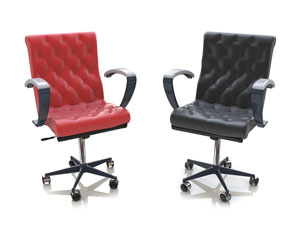 I recently discovered that someone I thought I could trust was not trustworthy. This person divulged information that I had assumed would not be repeated to others. This assumption was based on the fact that we were good friends, but also because they had shared similar confidential information with me. It was not that I stored that person’s information thinking that it was a form of ‘insurance’, but rather, an assumption that we had a high level of trust because we were both willing to share this type of information with each other.
I recently discovered that someone I thought I could trust was not trustworthy. This person divulged information that I had assumed would not be repeated to others. This assumption was based on the fact that we were good friends, but also because they had shared similar confidential information with me. It was not that I stored that person’s information thinking that it was a form of ‘insurance’, but rather, an assumption that we had a high level of trust because we were both willing to share this type of information with each other.
Unfortunately for all of us, this scenario is the risk that we take when we choose to trust people. In business, many of us spend a great deal of time cultivating relationships to get ourselves known in the local community. Sometimes these ‘work’ relationships become friendships which is a lovely outcome! But it can also lead to situations where we open ourselves up to confidences being broken or information we have shared being used against us.
Hopefully this has never happened to you! But if it has, it is important not to let it affect your interactions with others. Instead, let it be a learning experience for you, so that in future, you might notice, or listen to, the warning signs. So often in hindsight, the signs were there but because we trust, we overlook them.
Sometimes trust can be eroded over time, rather than one specific incident, because we tolerate behaviours or actions that should be called to account. So when trust is broken, it is also important to evaluate what part you played in it. Did you allow someone to take advantage of your generosity? Did you allow negativity or cynicism to become a feature of your interactions? Being aware of your role can give you more insight into future relationships and allow you to be more rigorous in your due diligence and evaluation of a given situation.
Michelle Grice writes a weekly column for business women in The Western Weekender








 Many women embark on business ventures with friends, family members or other women they have come to know through business networks. At the beginning of a partnership, it is exciting and you are both determined to make it work. But how do you know if it is time to end a partnership? Here are some signs:
Many women embark on business ventures with friends, family members or other women they have come to know through business networks. At the beginning of a partnership, it is exciting and you are both determined to make it work. But how do you know if it is time to end a partnership? Here are some signs: